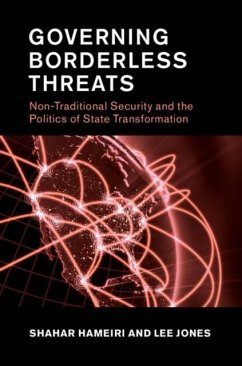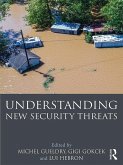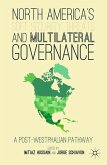'Non-traditional' security problems like pandemic diseases, climate change and terrorism now pervade the global agenda. Many argue that sovereign state-based governance is no longer adequate, demanding and constructing new approaches to manage border-spanning threats. Drawing on critical literature in political science, political geography and political economy, this is the first book that systematically explains the outcomes of these efforts. It shows that transboundary security challenges are primarily governed not through supranational organisations, but by transforming state apparatuses and integrating them into multilevel, regional or global regulatory governance networks. The socio-political contestation shaping this process determines the form, content and operation of transnational security governance regimes. Using three in-depth case studies - environmental degradation, pandemic disease, and transnational crime - this innovative book integrates global governance and international security studies, and identifies the political and normative implications of non-traditional security governance, providing insights for scholars and policymakers alike.
Dieser Download kann aus rechtlichen Gründen nur mit Rechnungsadresse in A, B, BG, CY, CZ, D, DK, EW, E, FIN, F, GR, HR, H, IRL, I, LT, L, LR, M, NL, PL, P, R, S, SLO, SK ausgeliefert werden.
Hinweis: Dieser Artikel kann nur an eine deutsche Lieferadresse ausgeliefert werden.









